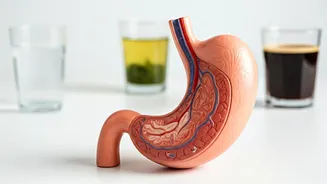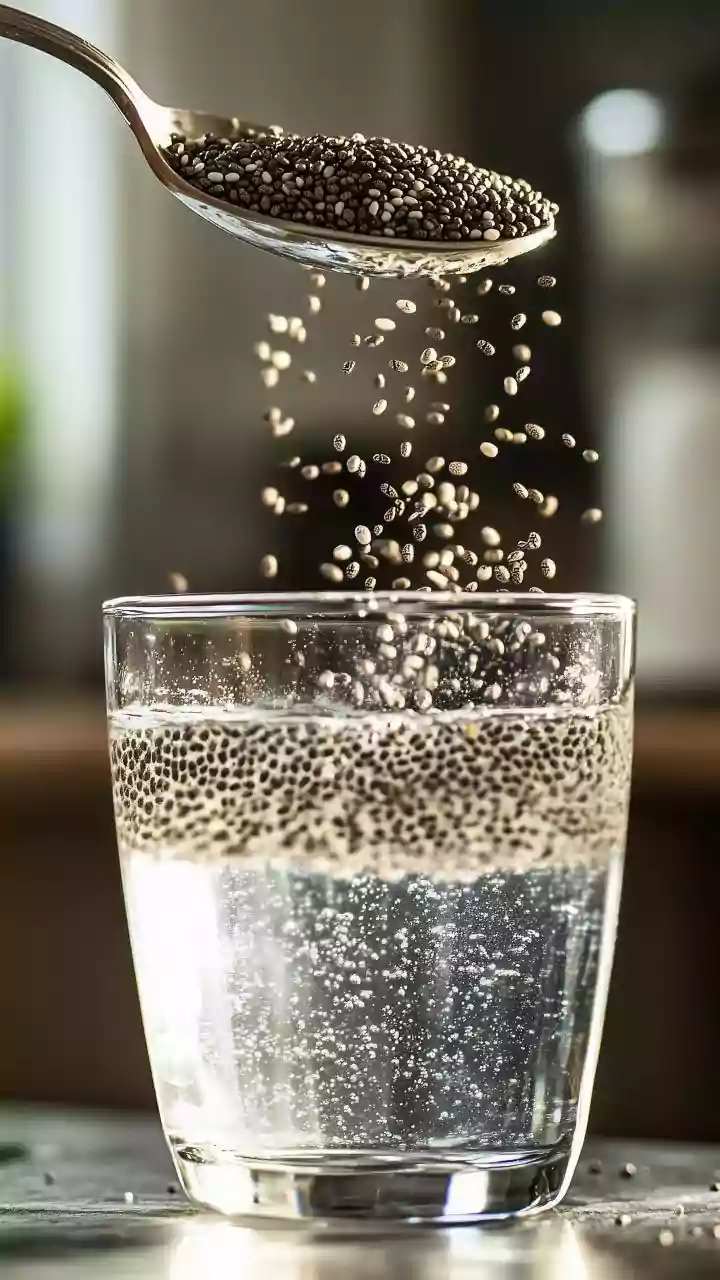The Beverage Debate
The relationship between what we drink and our cancer risk is a topic of considerable interest, especially in light of the prevalent types of cancer in India.
As an AIIMS gastroenterologist explains, there's no single beverage that universally lowers cancer risk. The impact of drinks varies widely. For instance, the consumption of sugary drinks has been linked to increased risks of weight gain and obesity, which, in turn, can increase the chances of developing certain cancers. On the other hand, some beverages have shown protective effects, depending on their composition and how they are consumed. The crucial aspect is understanding these differences and making informed choices based on scientific evidence, considering individual health profiles and lifestyle factors.
Water: The Foundation
Water is often overlooked, but it is the cornerstone of good health, including cancer prevention. Drinking adequate amounts of water helps the body function optimally, aiding in detoxification and the elimination of waste products. These functions help to reduce the exposure to carcinogens. The gastroenterologist highlights that proper hydration is fundamental, emphasizing the need to listen to the body's thirst cues and drink consistently throughout the day. Water's role isn't about active cancer reduction but about creating an internal environment that supports overall health and minimizes the risks of complications. This simple habit supports almost every metabolic function, making it an essential part of any preventive health strategy. Water, therefore, isn't just a basic necessity; it is a foundational element in a health-conscious lifestyle.
Tea and Cancer Risks
Tea, especially green tea, has gained attention for its potential anticancer properties. Green tea is rich in antioxidants, which are known for their ability to neutralize free radicals, thereby protecting cells from damage. These antioxidants, like catechins, have been linked to a reduced risk of various cancers in numerous studies. Black tea also offers some benefits, though it generally contains lower concentrations of these specific compounds. The gastroenterologist suggests that incorporating tea into your daily routine could be beneficial, but it's crucial to consider the amount consumed and any potential additions. Drinking tea regularly, alongside a balanced diet and other healthy habits, may support cancer prevention. However, relying solely on tea is not advisable, as it is only part of a holistic approach.
Coffee: A Mixed Bag
Coffee presents a complex picture, with studies providing mixed results regarding its impact on cancer risk. Some research indicates that coffee consumption might be linked to a reduced risk of certain cancers, such as liver and colorectal cancer. These potential benefits are attributed to the antioxidants and other bioactive compounds present in coffee. On the other hand, consuming excessive amounts of coffee can lead to health problems, including increased anxiety and potential issues related to sleep, which could indirectly affect overall health. Therefore, the gastroenterologist advises moderation. Enjoying coffee as part of a balanced diet and lifestyle is generally acceptable. However, one should carefully observe how coffee affects their body and adjust their consumption accordingly, prioritizing overall well-being.
Sugary Drinks' Impact
The consumption of sugary drinks, including sodas, sweetened juices, and energy drinks, is a significant concern from a health perspective. These beverages are often loaded with high levels of added sugars, which can contribute to weight gain, obesity, and insulin resistance. These conditions have been closely linked to an elevated risk of several types of cancer. The gastroenterologist advises against excessive consumption of these drinks. Regularly drinking sugary beverages provides minimal nutritional value and promotes unhealthy metabolic processes. Switching to alternatives such as water, unsweetened tea, or naturally flavored water is a more prudent choice. Making an effort to decrease the intake of sugary drinks is a straightforward yet impactful step in reducing overall cancer risk and improving general health. By minimizing these drinks, one can support a healthier internal environment.
Alcohol and Risk
Alcohol consumption is another aspect that demands careful consideration. The AIIMS gastroenterologist points out that alcohol is a known carcinogen, and its consumption is directly linked to an increased risk of certain cancers, especially those of the mouth, throat, liver, and breast. The more alcohol an individual drinks, the greater the risk. However, it's also important to understand that the risk varies with the type of alcohol and the pattern of drinking. Moderate alcohol consumption is often defined differently across cultures and individual health factors. The advice emphasizes the importance of limiting alcohol intake, and complete avoidance is the safest approach, particularly for those with a family history of cancer. If alcohol is consumed, it should be done in moderation and as part of a comprehensive lifestyle that supports overall health.
Making Informed Choices
When making beverage choices to reduce cancer risk, the gastroenterologist advocates for a personalized approach. This means taking into consideration individual health history, genetic predispositions, and lifestyle factors. It's crucial to recognize that there is no single 'magic' beverage. The ideal approach involves a combination of healthy habits, including a balanced diet, regular exercise, and avoiding tobacco and excessive alcohol. Focus on drinking plenty of water as a baseline. Incorporate beverages like green tea or coffee in moderation, while being mindful of added sugars. Consulting with a healthcare professional can provide tailored advice and help create a plan that aligns with individual health needs and goals. Informed choices are the key to making beverages work for your overall health.




















